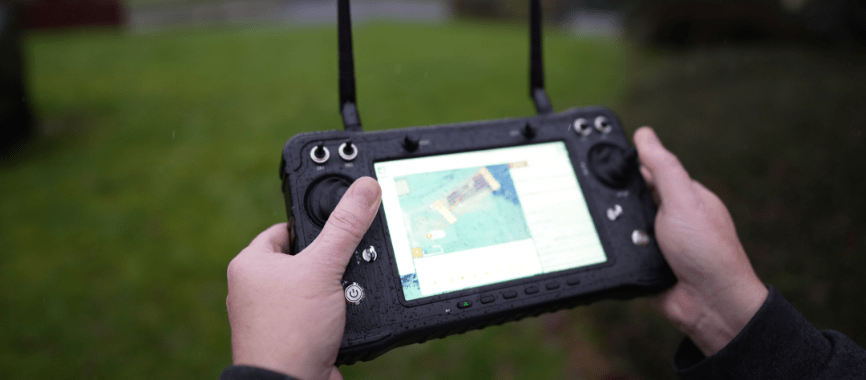Regulatory & Compliance
Drone Laws & Regulations can be tricky to interpret and without effective preparation, it can be easy to end up contravening the rules.
In the UK, commercial Drone operations are heavily legislated for by the Department of Transport and regulated by the Civil Aviation Authority (CAA). For any aircraft over 250 grams you need certifications for the pilots and registration of the Drones and operating companies.
Your permission to fly is driven by the risk to the aircraft, nearby objects and people as defined by one of 3 categories:
Open Category
This covers relatively simple operations that present a low risk to other people or property.
Flights are subject to a set of basic, pre-determined rules, within which there are some further sub divisions.
Specific Category
This covers medium risk operations, or operations that fall outside the boundaries of the Open category.
All flights must be conducted in accordance with an operational authorisation, that has been issued by the CAA.
Certified Category
This covers high risk operations, where the overall risk requires the same approach that is taken for manned aviation in order to maintain safety.
The UAS must be certificated, the UAS operator must be certified and the remote pilot must hold a suitable licence.
Flight Operations
Regulations & Guidelines
In order to maximise your flight opportunities, you must be aware of and abide by the regulations and guidelines set out for Drone operations. A simple roof inspection may require a risk assessment to be submitted to the local Air Traffic Control that may be required up to 2 weeks in advance of the task.
Experienced Remote Pilots
We understand the regulations for Drones and for Flight Operators (Pilots) and how to work within them, safely and efficiently which is why we are trusted by our clients and our regulators in the UK and Europe to fly.
Our pilots have been in the industry for over 10 years and are well-versed in Drone regulations and how they can impact your operation.

Safeguarding Flights
We operate in accordance with a very conservative model of accident causation which calls for multiple layers of mitigation in respect of any given risk. Not only do we build redundancy into our fleet we also build it into our flight operations so that if one layer of mitigation were to fail, the next layer should block the route to failure or incident.
Commercial Drone Operations
Despite many operators failing to differentiate between sub 250 g Drones (used for recreational purposes) and commercial Drone operations, we recognise that we are operating aircraft, albeit small ones, and we take our operations as seriously as manned fights because Drone accidents can cause significant injury or damage.
Licensed Pilots
We strive to have at least one Private Pilot’s Licence holder within the Flights Operations Team at any time. This provides the following advantages:
- Better understanding of airspace, air-law, meteorology, and being able to “talk the language” when it comes to dealing with “ATC” (more formally FISOs and ATCOs) – Enabling more rapid deployment and turn-around by knowing who/what/where and when with regards informing and liaising with the relevant bodies.
- Not only understands “pilot-talk” and can better understand aircraft movements (for more effective risk mitigation during ops), is also licenced (by virtue of FRTOL) to use an airband radio, for real-time integration into busy airspace.
For More Information Visit:
Thank you for your message, we will get back to you soon.
Oops!, There was a glitch. Please email us at info@anyaconsultancy.com